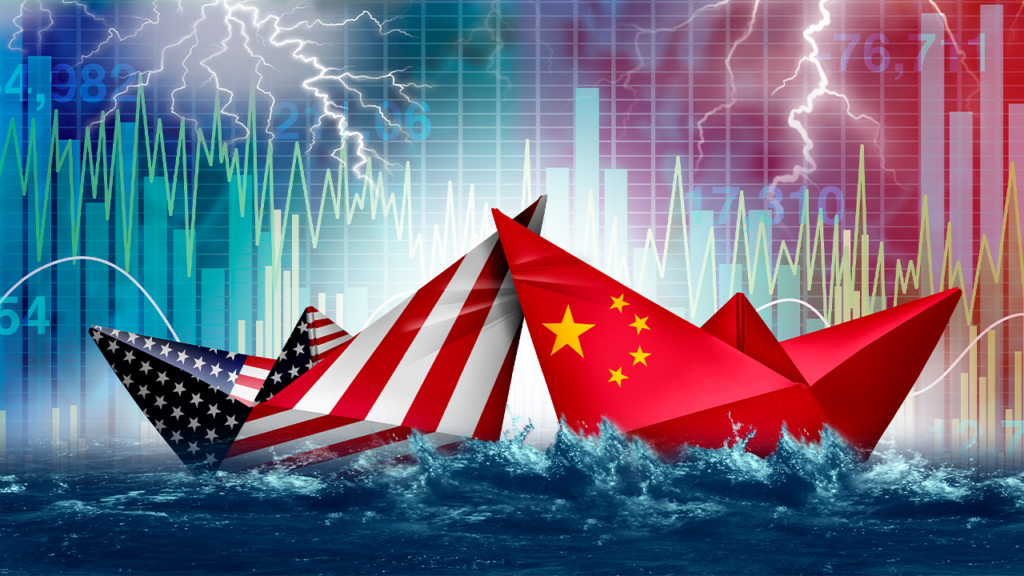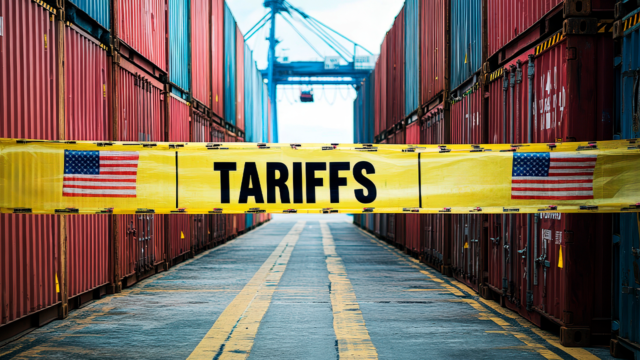ID 372328144 © Phichitpon Intamoon | Dreamstime.com
The Trump administration has announced a major trade policy shift: effective May 2, 2025, the United States will eliminate the de minimis exemption for imports originating from China and Hong Kong. The decision directly targets low-value shipments (under $800) that previously entered the U.S. duty-free.
This move is part of President Trump’s renewed focus on securing America’s borders, protecting domestic industries, and curbing the influx of illicit substances, including synthetic opioids like fentanyl, through e-commerce loopholes.
What Is the De Minimis Exemption?
The de minimis exemption is a U.S. import rule that allows goods valued at less than $800 to enter the country without paying customs duties. It was originally created to reduce paperwork and bureaucracy for small personal-use imports.
However, in recent years, the exemption has become a tool for mass retail operations — especially Chinese e-commerce giants like Shein and Temu — to ship millions of products into the U.S. with no taxes or duties, undercutting local retailers.
Why Is Trump Ending the De Minimis Exemption for China?
According to a White House fact sheet published on April 12, 2025, the exemption is being terminated for China and Hong Kong because of:
- Widespread abuse of the policy by Chinese exporters
- Use of false labeling and origin masking to bypass tariffs
- A significant role in the entry of illicit drugs, particularly synthetic opioids
- Unfair trade advantages that harm U.S. manufacturers and sellers
“President Donald J. Trump is ending China’s abuse of America’s de minimis exception to keep deadly drugs out of our communities and restore fair trade to our economy,” the statement reads.
What Will Change Starting May 2?
All shipments from China and Hong Kong, regardless of their value, will be subject to:
- Standard U.S. customs duties based on their product category
- A flat postal duty of 30% or $25 per item — whichever is higher
- This will increase to $50 per item for postal shipments beginning June 1, 2025
This means a $4 hairbrush or a $3 USB cable could now come with $25+ in duties, effectively erasing the price advantage that has fueled platforms like Shein.
Implications for Retailers and E-Commerce
1. Higher Import Costs
Retailers that rely on Chinese dropshipping will face new cost structures, as previously duty-free items now require tax payments and customs processing.
2. Supply Chain Shifts
E-commerce companies may need to source from alternate countries, set up fulfillment centers in Mexico or Canada, or import goods in bulk and warehouse them domestically.
3. Regulatory and Customs Pressure
With the exemption removed, U.S. Customs and Border Protection will likely increase inspections, seizures, and penalties for mislabeled shipments.

ID 372658351 © Skypixel | Dreamstime.com
What About Other Countries?
Though the current policy applies only to China and Hong Kong, the Trump administration has signaled that similar restrictions may apply to other countries in the near future. As digital customs infrastructure improves, the goal is to systematically close the loophole globally, ensuring fairness in import taxation.
Industry Reaction
The response from the retail and logistics sectors has been mixed:
- Domestic manufacturers and U.S.-based sellers applaud the move as a way to level the playing field.
- Large e-commerce platforms express concern over price inflation and consumer backlash.
- Logistics companies are bracing for increased documentation, processing times, and costs.
Still, most analysts agree this could force innovation in sourcing, warehousing, and domestic fulfillment operations.
If your business currently depends on low-value Chinese imports, this is the time to:
- Evaluate new sourcing strategies
- Partner with domestic or nearshore suppliers
- Prepare for increased import duties and documentation requirements
The policy may signal the start of a wider global shift, and being ready could give you a major edge in a newly regulated landscape.
To read more news and follow updates please visit our homepage.













